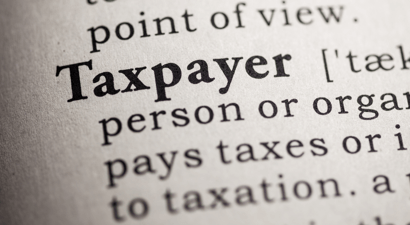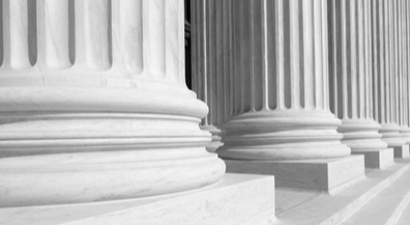20-Year Jail Sentence for Defrauding SARS
On 27 June 2016, the Western Cape High Court passed judgment in S v Van Staden and Others, one of the largest fraud cases ever prosecuted in the High Court. The case involved 184 charges (Van Staden was found guilty on 35 of 184 counts, with the other three accused being acquitted), including defrauding SARS, contravening sections of the Prevention of Organised Crime Act, 121 of 1998 and reckless conduct of a business in terms of s424(3) of the Companies Act, 61 of 1973.
One of the many charges read as follows:
“In counts 16 to 50 it is alleged that accused 1, 2, 3 and 5 had defrauded the South African Revenue Services (SARS) regarding claims for the repayment of input Value Added Tax. In the first alternative it is alleged that the accused had firstly committed theft or secondly a contravention of s 59(1)(a) of the Value Added Tax Act 89 of 1991 (VAT Act) or thirdly a contravention of s59(1)(d) of the VAT Act or fourthly s 18(2)(a) of Act 17 of 1956.”
When addressing Van Staden’s conduct, Veldhuizen J stated:
“In your case, the premeditation is particularly significant. I can hardly imagine a more serious case of fraud.”
The VAT fraud that Johannes Erasmus Van Staden was found guilty of stemmed from a fishing business (under the Indo-Atlantic Group), which was used as a front for submitting false VAT returns between 2005 and 2008. These false returns resulted in SARS losing over R250 million. Van Staden would ask service providers for quotations, and then would request tax invoices to obtain financing. The work was, however, never done, but the tax invoices were used to claim VAT inputs from SARS. Van Staden successfully performed this rouse with a number of companies, including the V&A Waterfront and PSI.
If you are asking yourself what happened to the money that SARS paid over during the years Van Staden’s scheme was successful, according to the court:
“We know that 90% of the payments flowed to the Indo Atlantic companies. Accused 1 [Van Staden] bought a game farm and game in the name of the Swordfish Trust, a family trust of the accused. It was paid for by the Indo Atlantic group. An aeroplane was also bought in the name of the trust and all the motor vehicles were registered in the name of the trust. A flat was bought for his daughter…”
In the end, what attracted the attention of investigators was the refunds amounts that passed through Van Staden’s financial (accounting and tax) consultants’ bank account. This had come about, because in August 2005, FNB had closed the account of Indo Atlantic Seafoods (Pty) Limited. It was then agreed with the consulting firm that Van Staden’s company’s VAT refunds would be received into their bank account, with the consulting firm deduct the 10% as well as the fees earned and pay over the balance to Van Staden (this is not an illegal arrangement). This agreement resulted in the consulting firm receiving approximately R37million over and above the fees earned over a period of about three years; this is what attracted investigators attention.
In his judgment, Veldhuizen J described Van Staden as a “very bad witness” and said “he was evasive…he gave contradictory evidence and at times, lied.” Veldhuizen J went on to say that: “When considering the purposes of punishment…deterrence and retribution need emphasis.”
The court passed two sentences of 20 years each, plus two years each for three counts (all to run concurrently). The Asset Forfeiture Unit has since filed a confiscation application to confiscate much of Van Staden’s ill-gotten assets. The unit currently has approximately R6 million of Van Staden’s assets under restraint.





